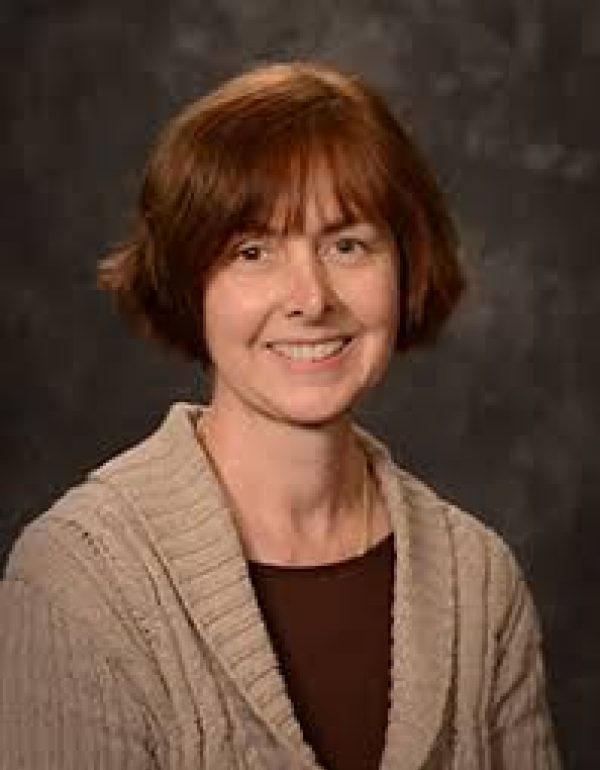
Maria King, Ph.D., Associate Professor, is a biological-chemical engineer at the Department of Biological and Agricultural Engineering, and the Director of the Center for Agricultural Air Quality Engineering and Science (CAAQES) at Texas A&M University. She is an expert in aerobiology, microbiology, molecular biology, and computational modeling. Her research focuses on the collection of aerosolized nano, - and bioparticles, including viruses, bacteria, and fungi, and the analysis of their microbiome composition. Using new technologies including molecular dynamics design and biolayer interferometry helps her team delineate the interactions between aerosolized bioparticles, surface materials, and the effect of the environment on antibiotic resistance in bacteria. Her team creates particle tracking velocimetry images and computational air flow models to visualize and mitigate the spread of virus and bacterial bioaerosols in critical infrastructures including hospitals, transport systems, and food processing facilities.
She has published numerous papers and book chapters and enjoys teaching two core classes, “Thermodynamics” and “Fundamentals of Biological Engineering” and two graduate courses “Bioaerosols and Modeling” and “Biotechnology Principles and Techniques”.
OpenTox Virtual Conference 2023
Biological Engineering to Model Airborne Pathogens and Mitigate their Transmission
Our research in the Aerosol Technology Laboratory (ATL) at BAEN addresses the needs for improved monitoring of public health emergencies by focusing on the collection, detection, and tracking of hazardous bioaerosols including viruses and infectious particles with antimicrobial resistance using the autonomous wetted wall cyclone (WWC) collector system developed in our laboratory. Our broader interest covers the development and testing of airborne nanoparticle monitoring systems and radionuclide emission surveillance in nuclear facilities.
The focus of our research is to combine aerosol collection and microbiome analysis with particle tracking velocimetry and computational fluid modeling, biolayer interferometry and molecular dynamics simulation to visualize ventilation airflow patterns and study the effect of environmental factors such as temperature, humidity and air velocity, and surface materials on aerosol resuspension, infectivity, and antibiotic resistance. The bioaerosol (fungi, bacteria, viruses, and toxins) collections are conducted in industrial, agricultural, urban, and mass transport areas.
In the presentation I will present how the latest technologies in biological engineering help us analyze infectious particles and their interactions with receptors and mitigate the development of antimicrobial resistance and bioaerosol transmission in ventilation airflow. Our work provides ideas for engineering solutions to reduce the spread of pathogens and maintain sanitation at critical infrastructures including hospitals, portable classrooms, dairy barns, and meat processing facilities.
